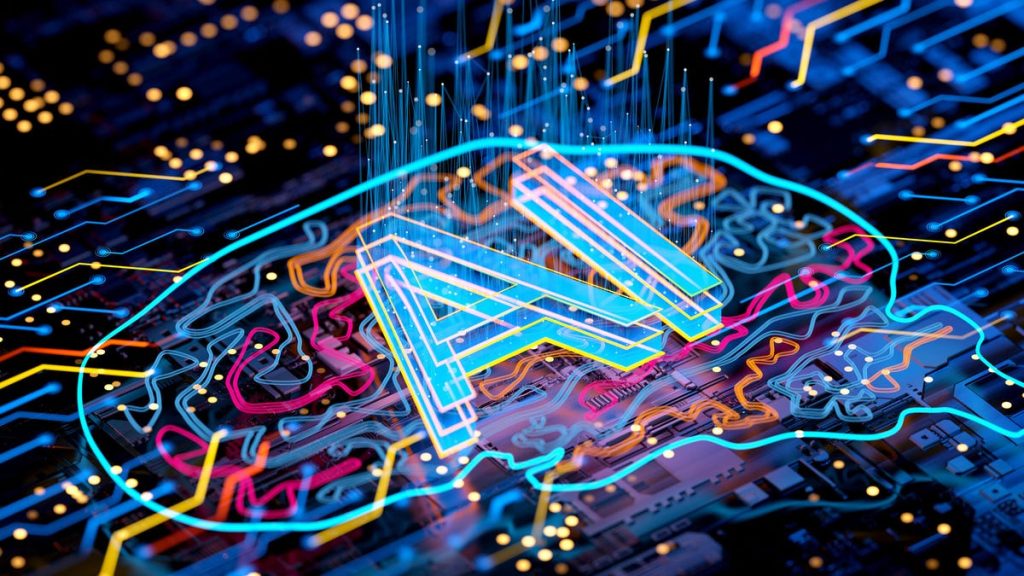
In geopolitics, nations with conflicting societal norms or ideological views must occasionally form alliances in the interest of protecting their mutual interests; practicality must take precedence over past rivalries.
Today, a similar dynamic is starting to play out in the AI arms race.
OpenAI, the AI start-up that skyrocketed to global fame following the viral success of its ChatGPT chatbot, has teamed up with Google, its longtime competitor, according to a Reuters report. The realpolitik-style partnership — reportedly finalized last month — will give OpenAI access to Google’s cloud computing services to support its efforts to train increasingly powerful AI models.
Also: Apple’s de-chatbot-ification of AI is nearly complete
The launch of ChatGPT in 2022 sparked a race among leading tech firms and a profusion of newer startups to invest in generative AI, which is widely regarded as the most important technology since social media or the smartphone.
But the technology is notoriously expensive to build, typically requiring vast amounts of data for training and costly graphics processing units, or GPUs. The sudden demand for these semiconductors has led to massive wealth for Nvidia and other chipmakers and to the construction of huge (and energy-hungry) data centers. It’s also become a key point of leverage in geopolitics, with the US restricting the quantity of GPUs that can be exported to China in an effort to restrict that nation’s own AI efforts.
OpenAI, which was founded as a nonprofit in 2015, later switched to a “capped profit” structure, allowing it to raise money from investors to cover the expenses of building AI models. Microsoft became its primary financial backer, investing around $13 billion since 2019.
(Disclosure: Ziff Davis, ZDNET’s parent company, filed an April 2025 lawsuit against OpenAI, alleging it infringed Ziff Davis copyrights in training and operating its AI systems.)
Also: This new AI video editor is an all-in-one production service for filmmakers – how to try it
Microsoft’s Azure cloud service was OpenAI’s sole data center provider until January, when the latter company signed deals with Oracle and SoftBank to construct new data center facilities.
The new deal with Google marks OpenAI’s latest effort to distance itself from Microsoft.
For Google, the partnership could help fuel an expansion of its cloud business at a time when ChatGPT is threatening its long-running monopoly on online search. The company has also been facing pressure from investors to show returns on its huge AI-related expenditures, which, according to Reuters, are expected to reach around $75 billion in 2025.
Want more stories about AI? Sign up for Innovation, our weekly newsletter.

